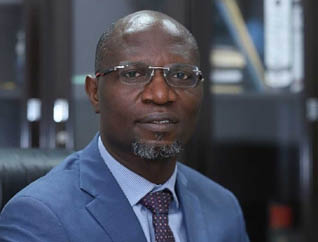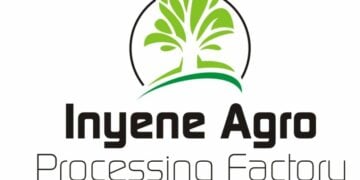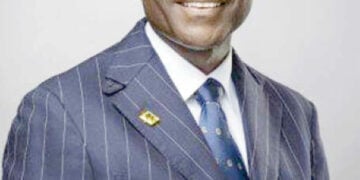The Securities and Exchange Commission (SEC) and Metropolitan Law Firm and the planning committee for the 7th African International Conference on Islamic Finance (AICIF) have signed a partnership to provide a transformative platform for developing innovative, ethical, and sustainable financial solutions to power Africa’s infrastructure and real sector growth.
Both organisations said they will drive the agenda at the 7th AICIF, which is scheduled to take place in Lagos from November 4 to 5, 2025.
At a joint press conference in Abuja, the Director-General of the Securities and Exchange Commission (SEC), Dr Emomotimi Agama, and Ummahani Amin, managing partner of Metropolitan Law Firm and chairman of the AICIF 2025 planning committee, said the conference will go beyond academic discussions to propose practical strategies for financing Africa’s infrastructure through Islamic and non-interest finance instruments.
Dr Agama said the 2025 edition, themed “Africa Emerging: A Prosperous and Inclusive Outlook,” is strategically positioned at a defining moment — as Nigeria concludes the Revised Capital Market Masterplan (2021–2025). The forum, he said, is designed to unlock capital for Africa’s infrastructure needs through sustainable, inclusive, and ethical financing models.
“This will not just be a routine conference,” Agama stated. “We are convening experts to tackle the most critical economic questions facing our continent, particularly how to fund the roads, power, and technology our economies need for growth and development.”
According to him, one of the flagship sessions, “Unlocking Capital for Africa’s Infrastructure,” will focus on actionable strategies to close the continent’s infrastructure financing gap through Islamic financial instruments such as Sukuk, non-interest bonds, and collective investment schemes.
He said the non-interest capital market in Nigeria has now attained a value of N1.6 trillion, with Sukuk issuances driving the momentum. He noted that the 700 per cent oversubscription of the last issuance demonstrated rising investor confidence and appetite for ethical products.
“The success of Sukuk and other non-interest instruments shows that ethical finance is not just a moral choice — it is an economically sound path to mobilising capital for development,” he said.
Dr Agama disclosed that with enacting the Investments and Securities Act (ISA) 2025, Nigeria now has a modernised legal and regulatory framework that enhances confidence in non-interest finance.
He described the law as “a game-changer” that provides a statutory basis for Sukuk and empowers the SEC to register Non-Interest Collective Investment Schemes, directly advancing innovation and market expansion goals.
“The new Act strengthens our capacity to regulate, innovate, and deepen ethical finance products that can channel funds into infrastructure, agriculture, and technology,” he explained.
The SEC chief emphasised that this year’s AICIF is expected to produce measurable economic outcomes, with key resolutions to guide policymaking, stimulate new investment flows, and inspire future financing mechanisms that link capital to real sector growth.
“We expect the insights from AICIF 2025 to inform the next phase of our capital market’s development and ensure it remains a robust engine for sustainable economic growth,” Agama added.
In addition to infrastructure financing, the conference will host sessions on “Green and Ethical Investments: The Future of Energy Finance” and “Agricultural Financing: From Farm to Table through Ethical Options.” These discussions will explore how Islamic finance can drive sustainable energy transitions and enhance food security through ethical capital deployment.
“We are connecting finance to the real economy — from farms to factories to financial technology — to ensure that growth is broad-based and inclusive,” Agama said.
In her remarks, Amin said the conference has become one of Africa’s leading gatherings for advancing ethical and sustainable finance.
“AICIF is a platform for policymakers, regulators, investors, and innovators to collaborate on shaping the future of non-interest finance in Africa,” she noted.
Amin said the 2025 conference will provide a blueprint for how Islamic finance can catalyse infrastructure development and inclusive growth, especially as African nations search for viable, long-term financing models to bridge the infrastructure deficit.
She emphasised that the partnership between the SEC and Metropolitan Law Firm reflects a shared commitment to strengthening the Islamic finance ecosystem and expanding access to non-interest products that align with transparency and social impact.
“Our focus this year is clear — to demonstrate how ethical finance can mobilise capital to build roads, power projects, housing, and other public goods that drive real economic transformation,” she explained.





